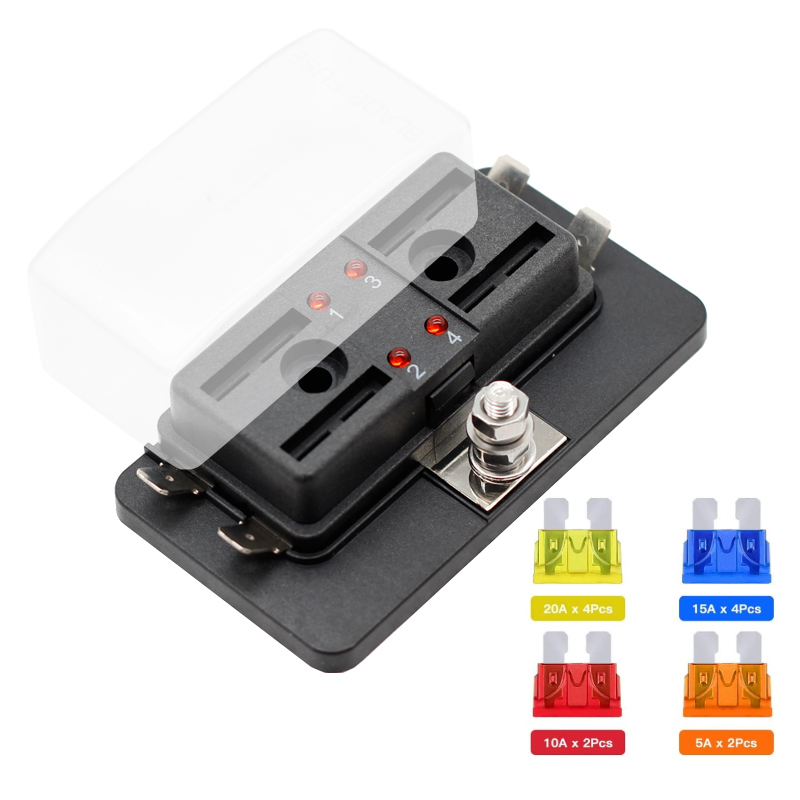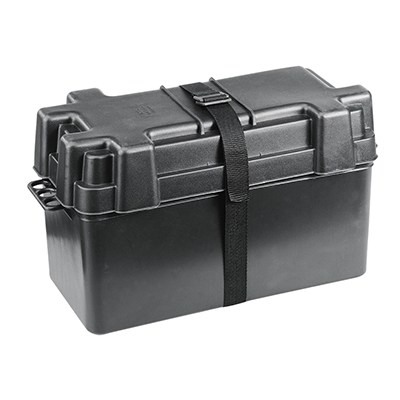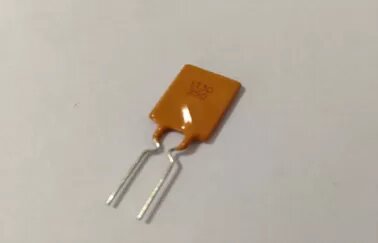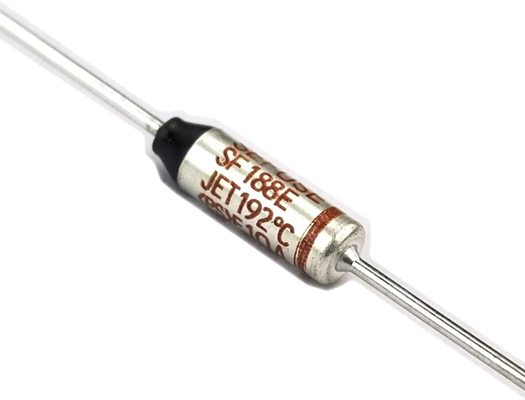Specialized Fuse Boxes for Enhancing Electrical Safety in Boat Trailers and Marine Transport Vehicles
News 2025-10-20
In the demanding world of marine transportation, electrical systems face constant threats from moisture, corrosion, and mechanical stress. Fuse boxes are essential components that protect against overloads and short circuits, ensuring reliable operation for boat trailers and marine vehicles. These devices are particularly crucial in environments where exposure to saltwater and vibrations can compromise standard electrical setups. By integrating advanced fuse boxes, operators can prevent failures that might lead to accidents or expensive repairs, making them a vital investment for safety and efficiency in marine applications.

Key Features and Performance Benefits
Marine-grade fuse boxes boast several attributes that set them apart from general-purpose models. Constructed with corrosion-resistant materials like stainless steel or specialized polymers, they withstand harsh saltwater conditions without degrading. Enhanced sealing mechanisms provide waterproof protection, often rated IP67 or higher, safeguarding internal components from submersion. Performance-wise, these fuse boxes offer rapid response times to faults, minimizing damage to connected systems, and support higher current capacities to handle the power demands of marine equipment. This durability not only reduces maintenance needs but also improves overall system longevity, delivering cost savings over time.
Practical Applications in Marine Settings
Fuse boxes find extensive use in various marine scenarios, from towing boat trailers to operating transport vessels. In boat trailers, they protect lighting, braking, and auxiliary systems during road travel and water launches, ensuring visibility and control in diverse conditions. For marine transport vehicles, such as ferries or workboats, these components shield critical functions like navigation lights, bilge pumps, and communication arrays from electrical faults. This reliability is key in challenging environments, where consistent performance can prevent downtime and support regulatory compliance, ultimately enhancing operational safety and efficiency.
Frequently Asked Questions
1. What materials are commonly used in marine fuse boxes?
They typically feature corrosion-resistant metals and sealed plastics to endure saltwater and moisture.
2. How do fuse boxes improve safety in marine environments?
By quickly interrupting faulty circuits, they prevent fires and equipment damage in high-risk conditions.
3. Can a single fuse box handle multiple vehicle types?
Yes, modular designs allow customization for different applications, including boat trailers and marine transports.


